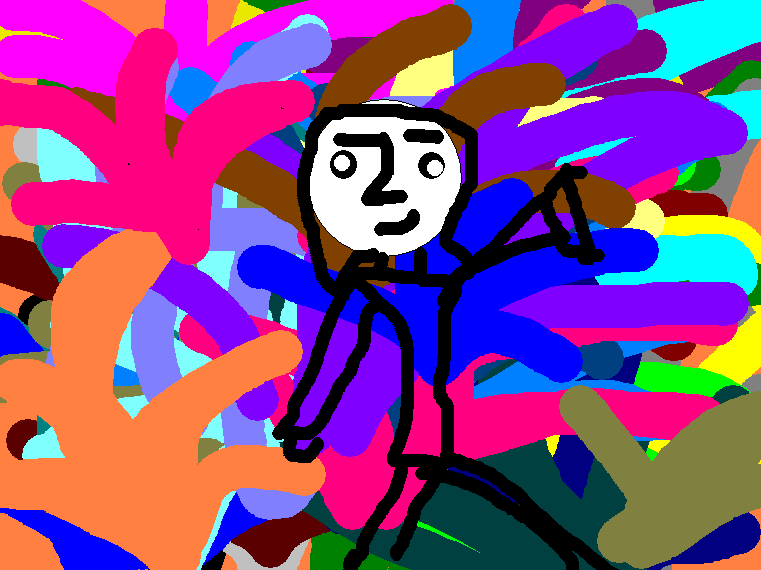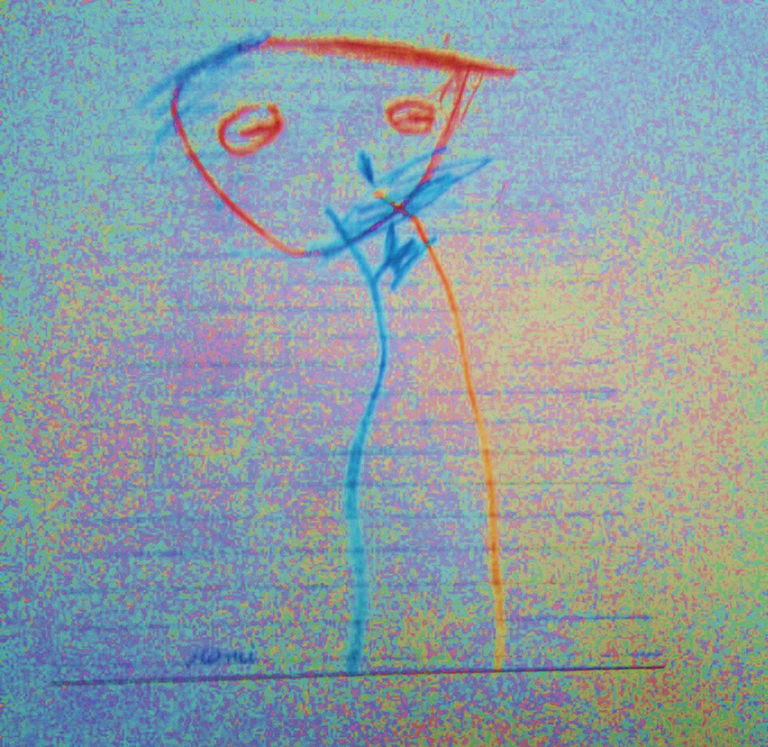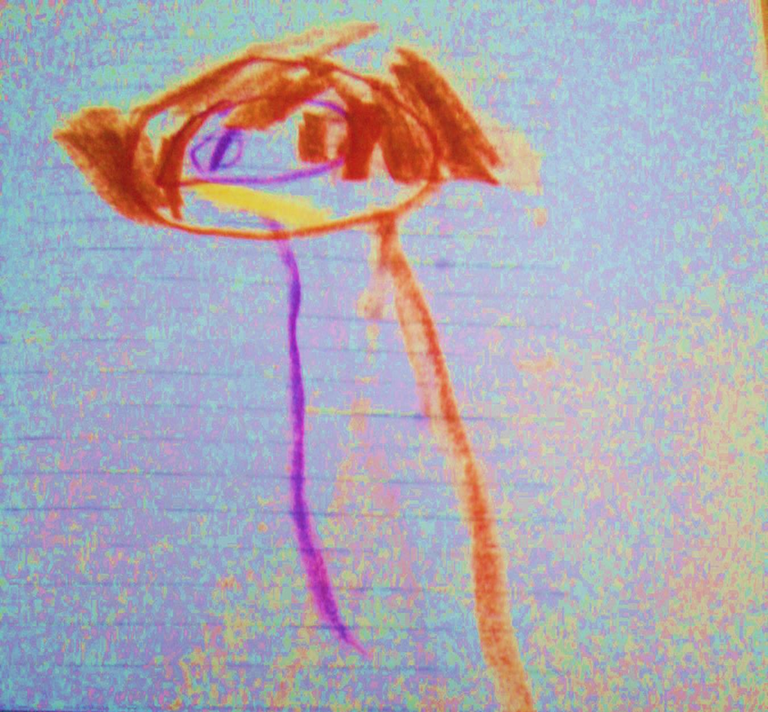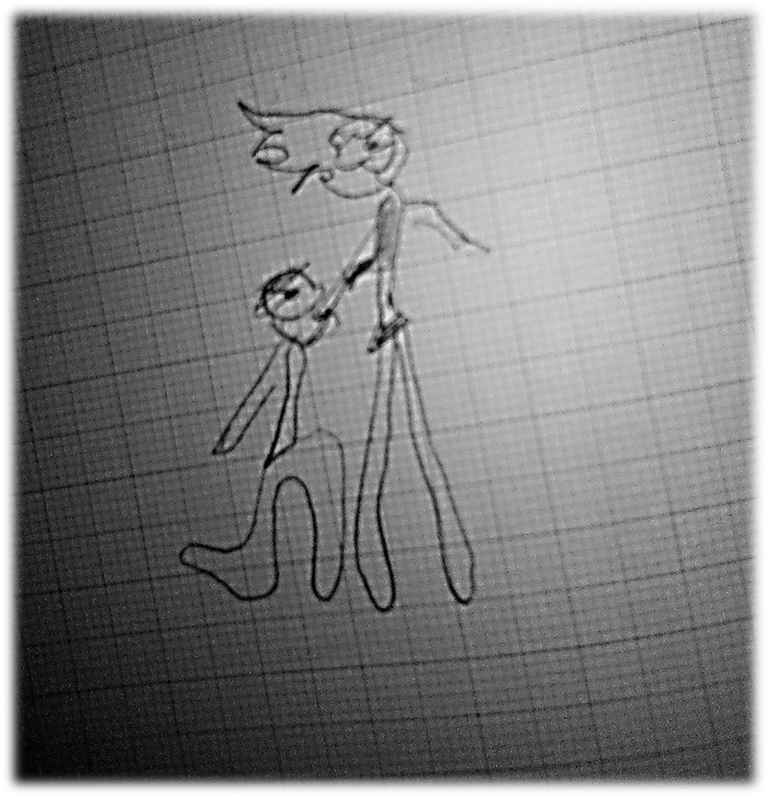
Hello Community!
These days talking with my mom and an aunt, both teachers, we ended up dealing with a topic that is worrying them a lot, I confess that I also began to get disturbed and it is the role of parents, children and teachers at this time close to 2030, a year that in the world is shaping up as the marker of a series of changes in the way of thinking and doing things things in general, supported by the great influence of ultratechnology based on Artificial Intelligence, neuroscience and geopolitics, sciences that since the middle of the twentieth century have been cultivated and endorsed by the socio-political instances that direct the path and the methods to be followed by humanity.

Given these expectations, I visualized that the general behavior of humanity is oriented towards two poles; some with high positive expectations towards change, others more conservative and fearful of the loss of things achieved up to this moment by previous generations; among these, the classical moral values of societies, the authority of parents and teachers and the replacement of broad, extensive knowledge by light, superficial knowledge on the part of the majority of people.

My concern is based on the fact that I have observed the global imposition of profiles of own and non-personal behaviors in various spaces and bio-psycho-social conditions, which involve the being and doing of each member of society in his or her individuality and collectivity, such as the sexual pattern, the educational, economic and financial profile, among others; which has led scholars and non-scholars of these realities to name the generational product obtained in recent decades, baptized by ordinary people as "iron generation", "crystal generation", "paper generation" and other identifications; even though demographers have established classifications both by age or date of birth, and by the use of a series of variables to label and characterize them.

In the same link I also found a reflection by Professor Lewin Laura that is very accentuated and so I think directed especially to teachers: "Many years ago authority was imposed, today you cannot impose anything. You can't impose authority on a school. Respect in the classroom is not imposed, it is earned"
 My concern led me to review information about the role of parents and children in our contemporaneity, I tell you that I could not find a way to start and by the action of causality I received a video via YouTube from a Swedish teacher Inger EnKvist, who has advised the Swedish government on this matter and who puts her emphasis on reviewing "discipline, the effort and authority of the teacher" source https://webdelmaestrocmf.com/; I found it very interesting, he also highlights that "the school is the first institution that children encounter and it is important that they see that there are rules, that the teacher is the authority and that both he and his classmates must be respected". "It is impossible to learn well without order in the classroom." "The new pedagogy is a mistake. It seems that they go to school to do activities, not to work and study."
My concern led me to review information about the role of parents and children in our contemporaneity, I tell you that I could not find a way to start and by the action of causality I received a video via YouTube from a Swedish teacher Inger EnKvist, who has advised the Swedish government on this matter and who puts her emphasis on reviewing "discipline, the effort and authority of the teacher" source https://webdelmaestrocmf.com/; I found it very interesting, he also highlights that "the school is the first institution that children encounter and it is important that they see that there are rules, that the teacher is the authority and that both he and his classmates must be respected". "It is impossible to learn well without order in the classroom." "The new pedagogy is a mistake. It seems that they go to school to do activities, not to work and study."
I continued searching on Google and found a lot of material as expected, the first thing that appeared to me as an expanded title was the following proposition, which I assumed as a sentence: "In contemporary society, parents are primarily responsible for the education of their children. Their active participation in parenting has a profound impact on the well-being of children," she added, it is a task of all generations.

In a writing entitled "Authority exercised from affection", the counselor Ruth Cueto in www.aporrea.org/ideologia/a247920.html, highlights two reflections to highlight among others, 1- "we have to delve into the work of authority, in rescuing the lost authority in the different areas of private, family, civic and public life", 2- "Give your child the three "A's" Attention, Affection and Authority. Provide your children with tasks to do at home; apart from schoolwork. Give your child obligations to fulfill. Give your children what you did have and feel that it did you good.
In an article "Contemporary parenting: forms of accompaniment, meanings and understandings from family realities" published in the Virtual Journal Universidad Católica del Norte, no. 57, pp. 40-59, 2019, the authors emphasize that "traditional forms in the parenting process have not lost their validity, but they involve the variables of the changes that contemporaneity has brought with it." I agree with this assessment and I think that perhaps this position is justified because by my date of birth I belong to the Millennial generation (1981 – 1996), because of my values I identify in some ways with the Baby Boomer Generation (1946 – 1964) to which my mother and my aunt belong. See you soon!